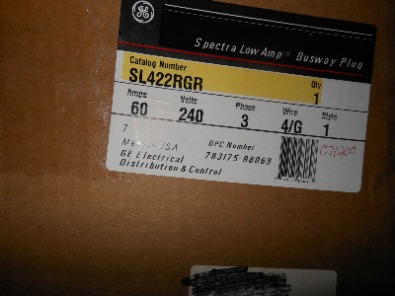
QuickBooks provides a comprehensive suite of accounting tools tailored to ecommerce businesses. These include inventory management, invoicing, sales tracking, and financial reporting. With integrations to popular ecommerce platforms, QuickBooks streamlines transactions, reconciles payments, and makes tax compliance less complicated.
Zoho Books is an excellent example of software that simplifies the process of managing purchase orders and expenses. It allows business owners to create and track purchase orders, monitor vendor bills, and manage expenses effortlessly. With its integrated approach, users can track every transaction, reinforcing the accuracy and consistency of their financial records. Yes, Wave offers a free accounting software option for small businesses, but all ecommerce integrations must be done through Zapier. With FreshBooks e-commerce accounting software, your clients can pay straight from the invoice with a credit card.
Zoho Books is an online accounting app that automates your business workflows and offers an end-to-end financial management system for businesses of all sizes – from freelancers to large enterprises. Small businesses with complex accounting needs can benefit from Sage’s accounting software. While certain features may be excessive for simple organisations, or limiting for large organisations, Sage Business Cloud Accounting offers a unique solution for those that sit somewhere in between.

This will help business owners in monitoring their financial health, identifying trends, and making informed decisions for growth. The program itself is simple and easy to use, but we had to deduct some points because of its limited customer support options, particularly in the free plan. You can only access email support and live chat when you purchase a paid add-on or upgrade to the paid version. For even more ecommerce options, you can integrate it with major ecommerce platforms, such as A2X, WooCommerce, Magento, and BigCommerce. As an e-commerce company, you rely on the best tools available to keep your competitive edge and sell products online. With the right e-commerce accounting software built for e-commerce businesses working behind the scenes, you can increase productivity and be more efficient.
To choose the best e-commerce accounting software, we consulted product documentation, demo videos and user reviews. We evaluated products based on pricing, customer service, user interface design management assertions and scalability. We also considered features such as invoicing, billing, bank transaction reconciliation, inventory management, sales channel connections and sales tax calculations.
We recommend Xero for multiuser businesses because you can set up an unlimited number of users without any additional cost—unlike QuickBooks which is $235 per month if you need more than five users. It rivals QuickBooks in inventory, A/R, and A/P management, but it’s even better than QuickBooks in project accounting and fixed asset management. For freelancers and new startups, a simple accounting tool that offers basic financial reporting features may be sufficient – at least until you start to scale. Sage Business Cloud Accounting offers extensive reporting features that allow you to generate regular financial reports and compare financial statements across different periods of time.
If you’re seeking more accounting tips to further enhance your financial practices, be a small business guide to flexible budgets sure to check out our dedicated section for this on our website. Plans offered at tiered pricing let you start at an affordable level and make a smooth transition to a more advanced or powerful program down the road. Programs that let you pay for only what you need make it easy to customize your plan without spending more than you have to. Your software should always be evolving to utilize new tools, improve functionality, and be easier to use. Automatic software updates and easy-to-use tutorials make it convenient for you and your company to make use of every new tool as it becomes available.
Accurate bookkeeping is a baseline requirement for all business planning and operations. This includes tracking and categorizing income and expenses, inventory management, and reviewing balance sheets. Striven also comes with automated invoicing and payroll features, which cater to retailers and servicemen alike, making financial management a breeze. The right software, like Striven, can do wonders for your business by effectively managing the lifeblood of your company—its finances.
Its scalable tiers ensure that businesses of all sizes can benefit from accounting period definition their offerings. One of the essential features of top ecommerce accounting software is its ability to handle invoicing and payment processing. These platforms can automate the creation and delivery of invoices, ensuring that your customers receive accurate and timely billing.
Business owners and brands that are looking for both an accountant and an accounting software platform may enjoy the hands-free bookkeeping Bench offers. Bench also provides year-round support from accounting experts, making it perfect for companies lacking confidence in the accuracy of their financial records. Ecommerce platform payouts can be opaque when it comes to line-by-line transactions, and they’re often posted at periods that don’t align with your financial recording. Link My Books saves you time and money by automatically matching payouts with your bank transactions to ensure accurate ecommerce accounting. Xero provides a clean, user-friendly interface that offers financial visibility and cost-effective online bookkeeping. Because it’s made to help small and medium businesses better manage their financial data, it comes at a lower price point than similar tools more tailored to large organisations.
13 de agosto de 2021
Publicado en: Bookkeeping